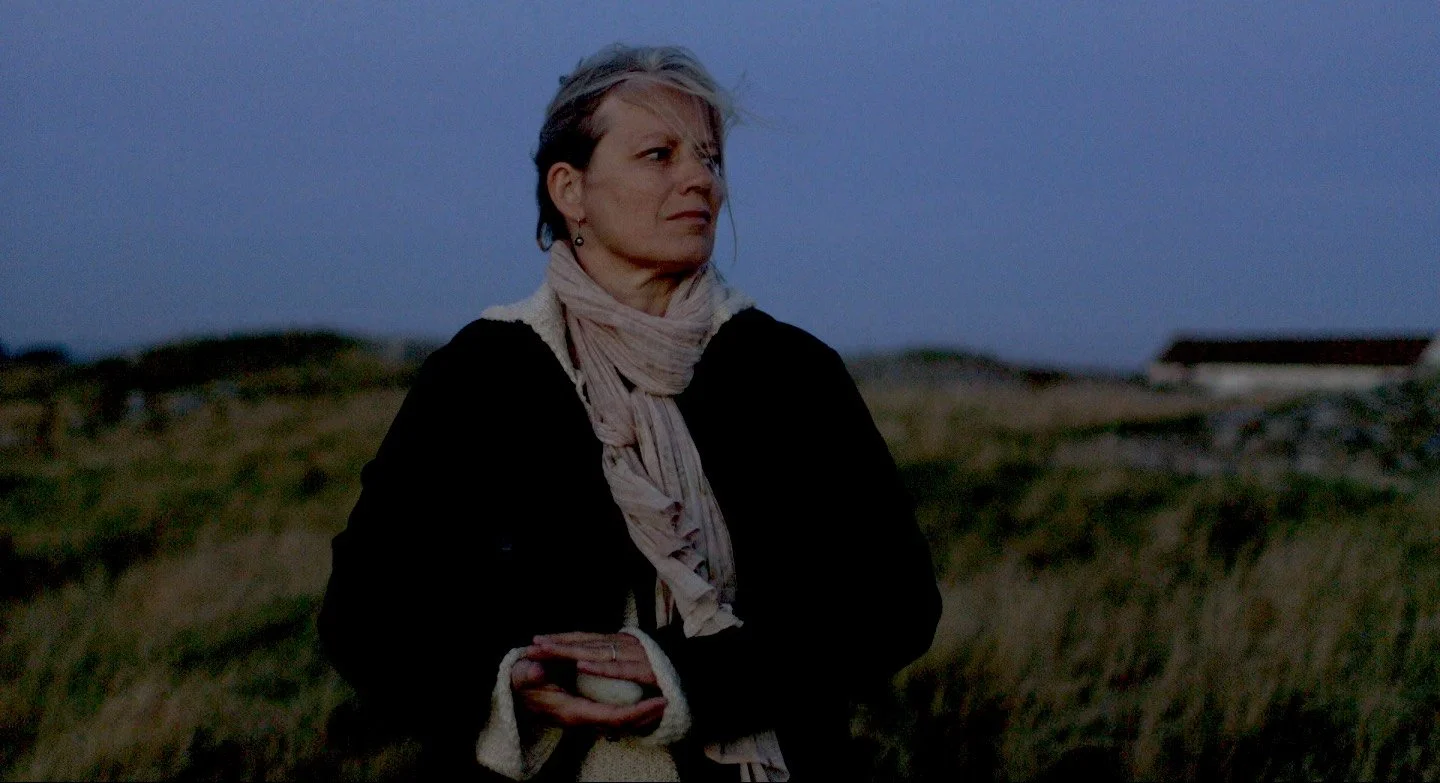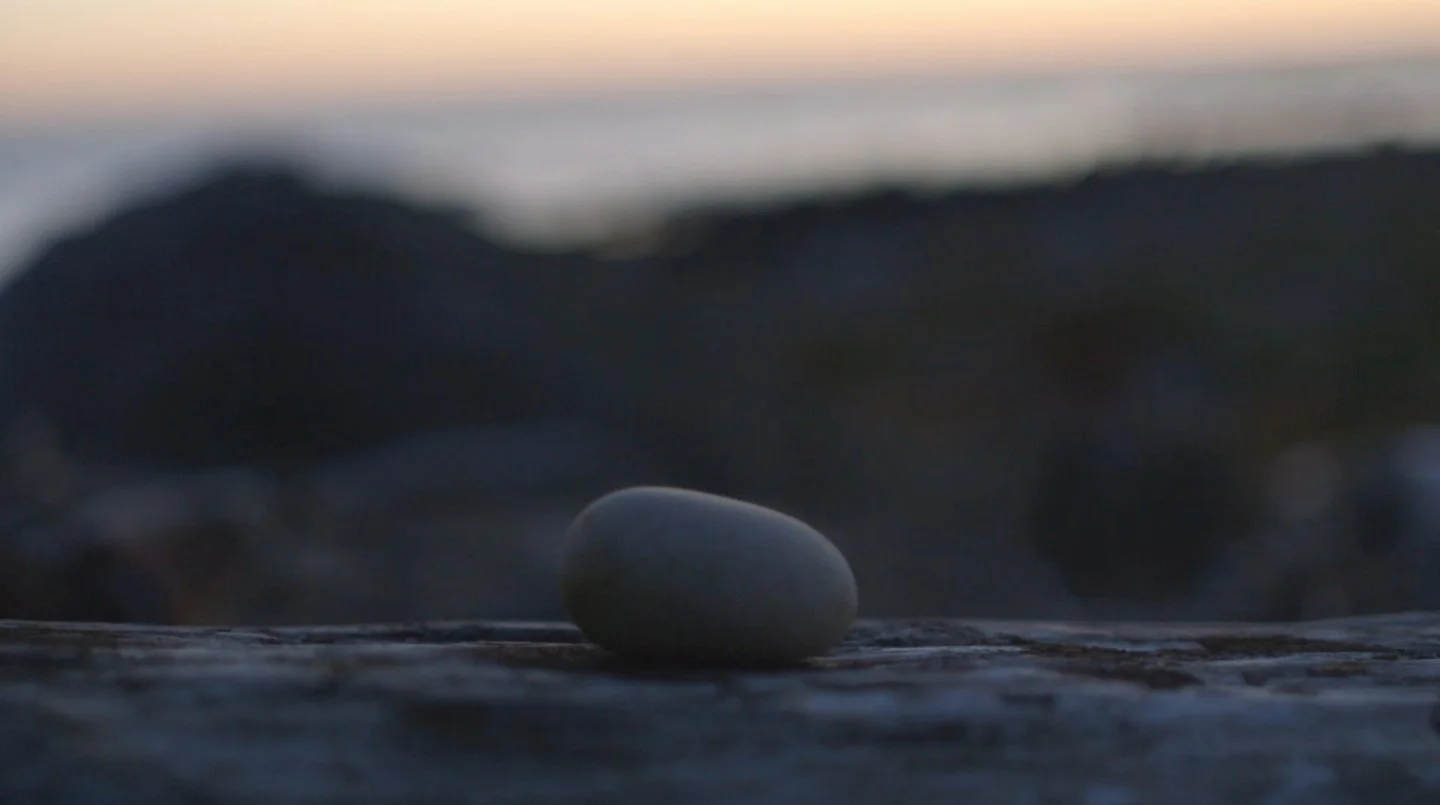I’ve been in contact with Hilde for several years after she contacted me about her film documentary. She questioned the option of sharing her story during World Childless Week and I expressed how I felt it fitted in to We Are Worthy as the day encompasses multiple aspects of our childless lives. Worthy to be seen, heard and recognised for the truth within our stories rather than the often distorted version shown in magazine articles, political statements, and social media.
Stephanie Joy Phillips, World Childless Week Founder
When I was a child and was asked what I wanted to become when I grew up, sometimes I responded ‘A proper mum’.
When I was 25, I wanted children very strongly, but my partner at that time was far from ready, so I decided to wait until the time was right.
When I was 30, everybody around me, my sisters and my friends, gave birth to one lovely child after another - and I occasionally stated, half serious, half as a joke; ‘I am afraid I will become 40 before I give birth to my first child…’
Today I am 58 and I have never given birth to my own child
So,what happened to the mum in me, and what happened to me who never became a mum?
I spent 13 years of my life with a man who was ambivalent about having children, giving priority to his own academic career. I had of course a choice, I could have left him, but I wasn’t able to before I was on my way into a heavy depression. I experienced desperation and sorrow, feeling totally miserable and worthless for several years. This, in combination with a demanding international career with a lot of traveling outside of my home country Norway, finally drove me into serious psychological illness. I had in total three miscarriages and will never get to know for sure whether the reason why I didn’t get my own children was because I started too late or if it was because my uterus could not hold on to an embryo.
The period of illness was basically only suffering, but some years after I was rehabilitated and had settled with a partner with three grownup children, I started to realize that the illness had made me stronger and made me into a more complete human being. Then I switched from working with research and international development aid, to becoming a documentary filmmaker.
After some years as a director, I realized that the consequences of involuntary childlessness need to be enlightened since it is a taboo area and since the number of involuntary childless people only are increasing. Then I started working on a documentary with the title ‘The Mum in Me’. Here I am exploring what happens to a woman when her desire of carrying and giving birth to a child, her desire of loving her own child, and her desire of bringing up and witnessing a child’s development, never becomes a reality.What happens to her emotionally, psychologically and physiologically? Is this mainly a question of individual and societal expectations, norms and values? Does biology mean anything at all?
In our society we, or some, claim that motherhood basically can be discussed using cultural and societal norms and values - and yes, of course, to a certain extent we can, because motherhood has different consequences both socially and economically in different parts of the world, but becoming a mother is not only a cultural or societal phenomenon. We can’t get away from the fact that the female body is designed to give birth – so what are the consequences for a woman’s mind, a woman’s body when this does not happen?
Trying to find some answers, I am utilizing my own personal story. I am also portraying three other childless women (Cristina Archetti, Linda Malm and Hildegun Sarita Selle), and I am visiting a couple of experts on psychological and emotional trauma.
It was not even in my mind earlier to speak out like I am doing now. But I am not childless any longer. Now I have bonus children and bonus grandchildren, I have a foster son and there are lots of other children around me, either part of the extended family or my friends’ children. This is why I am able to expose my own story.
But why should I speak out? Being the director of a documentary is in itself quite demanding, and then at the same time being on the other side of the camera, in addition to processing all the emotional pain all over again, is extremely energy consuming. So, I have often asked myself; why on earth am I doing this?
The first answer is that it is so important to throw light on this topic. It is so important to make people in general understand what this is all about because it has so many individual, collective and societal consequences both health wise, economically, politically and culturally. The second answer is that it is a healing process. To relive your experiences, to talk about them with others who have experienced the same as yourself, to share it with experts – all this is some kind of therapy.
For many years I have often been critical of people who expose their private life in public. I have thought of it as narcissistic and self-centred. I have never really understood why one should turn the spotlight at oneself, but this time it is different. This is a story about a public health issue which has consequences for many individuals as well as for a whole society.
However, it is vital for me that this film also is about the beautiful aspects of life, because life is beautiful even without children, be it your own biological children, bonus children or other children.The film therefore also contains humour and warmth, happiness and love. And in a way, this is what life is all about, isn’t it? It switches continuously between joy and sorrow, between pleasure and pain, between light and dark – so in a way, this is a film about life itself, a film about how life is lived by many of us. The film is also about reconciliation, about how to live with your destiny, and the possibility of thinking that this was meant to be, that your life was meant for something else than becoming a mother.
So dear sisters and brothers ,if you feel that this film is worth being made, it would be highly appreciated if you want to visit our crowd funding page since we are hugely underfinanced. We are in the last phase of production now and the film will premiere in November this year, but we need some extra financing to be able to finalize the film and then launch it.
Thank you for your attention!
Hilde Merete Haug, Documentary Film Director and Producer
Emotional Processing
Loneliness
Reconciliation - the burden put aside



